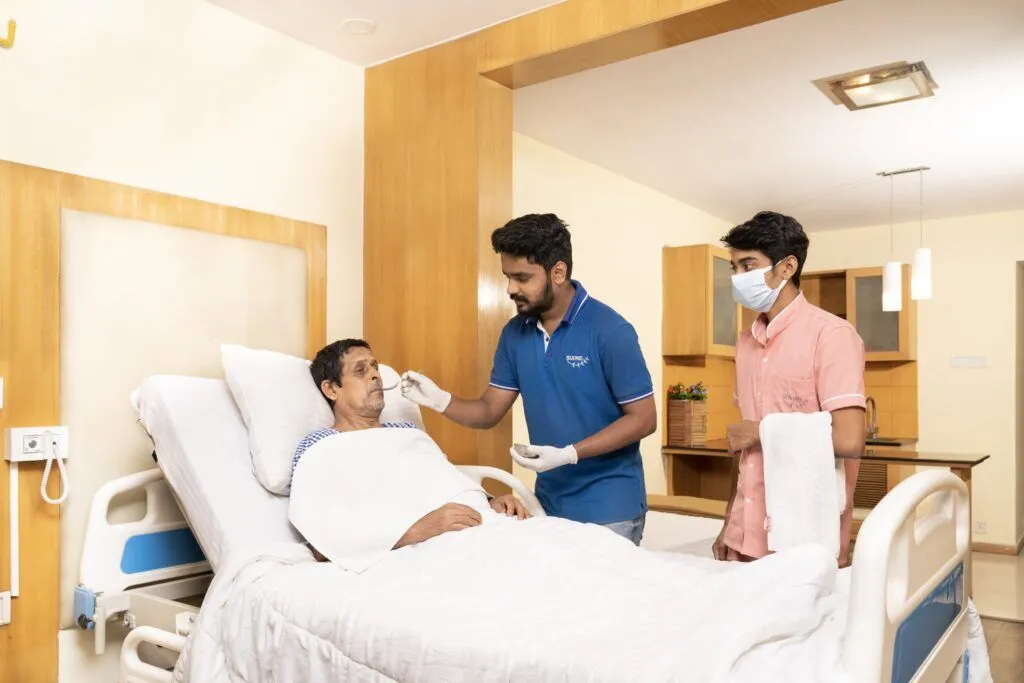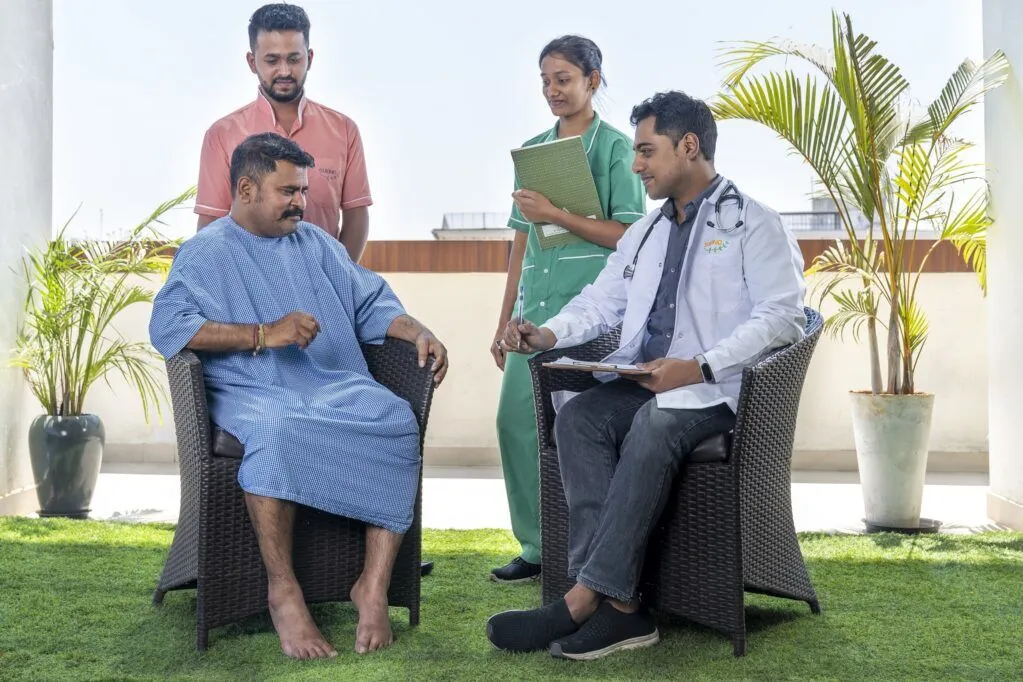
Alcohol Dependence Syndrome (ADS) is a condition characterized by an inability to control or limit alcohol consumption despite negative consequences. It often involves a pattern of drinking that affects daily functioning and health. Key features include:
- Craving: A strong desire or urge to drink alcohol.
- Loss of Control: Difficulty controlling the amount of alcohol consumed or the frequency of drinking.
- Tolerance: Needing to drink more alcohol to achieve the same effects or experiencing reduced effects with the same amount.
- Withdrawal Symptoms: Experiencing physical symptoms like shaking, sweating, nausea, or anxiety when not drinking, which can be relieved by consuming alcohol.
- Neglect of Responsibilities: Failing to meet obligations at work, home, or in social situations due to alcohol use.
- Continued Use Despite Problems: Continuing to drink even after facing negative consequences, such as health issues, relationship problems, or legal trouble.
AUD can range from mild to severe and often requires a combination of behavioral therapy, medication, and support groups to help manage and recover from the addiction.

Drug Use Disorders
Drug Use Disorders refer to the problematic use of one or more substances (other than alcohol) that leads to significant impairment or distress. This category includes a wide range of substances, such as prescription medications, illicit drugs, and recreational substances. Key features include:
- Craving: Intense desire or urge to use the drug.
- Loss of Control: Inability to limit the amount or frequency of drug use.
- Tolerance: Need for increasing amounts of the drug to experience the same effects or experiencing diminished effects with the same amount.
- Withdrawal Symptoms: Physical or psychological symptoms experienced when not using the drug, such as anxiety, irritability, nausea, or tremors.
- Neglect of Responsibilities: Disruption of personal, work, or social responsibilities due to drug use.
- Continued Use Despite Problems: Persisting in drug use despite adverse effects on health, relationships, or other areas of life.
Drug Use Disorders can vary widely depending on the substance involved and can be treated through a combination of therapy, medication, and support from addiction specialists and support groups.
Therapies for Addiction and Substance Use Disorders

- Cognitive Behavioral Therapy (CBT)
- Purpose: To help individuals identify and change maladaptive thoughts and behaviors related to substance use.
- Format: Individual or group therapy sessions.
- Motivational Interviewing (MI)
Purpose: To enhance an individual’s motivation to change addictive behaviors.
Format: Individual therapy focused on exploring and resolving ambivalence.
- Contingency Management
Purpose: To provide rewards or incentives for maintaining abstinence from substances.
Format: Structured interventions with behavioral reinforcement.
- 12-Step Programs
Purpose: To provide support and a structured approach to recovery through group meetings and peer support.
Examples: Alcoholics Anonymous (AA), Narcotics Anonymous (NA).
About Nirvaana
At Nirvaana Mental Wellness, we treat a wide range of psychiatric and mood disorders, providing comprehensive care through a combination of various therapies that make the individuals come back to their routine lives.

Commitment to Excellence
We provide evidence-based treatment using cutting-edge therapies and proven research methods, combined with compassionate care from our dedicated team, ensuring a smooth and successful recovery from anxiety.

Holistic Approach
At our facility, we employ both traditional treatments and holistic practices in order to address all aspects of mental health – physical, emotional, and social wellbeing are taken into consideration when providing holistic treatments.

Expert Care Plan
Care plan crafted by experienced team of multidisciplinary team of psychiatrists, therapists and counselors specialize in bipolar disorder treatment, with years of experience helping our patients recover.

Well-equipped Facility
we understand the vital role environment plays in recovery. We offer modern, comfortable accommodations and amenities designed to provide holistic support through therapeutic options and lifestyle changes
